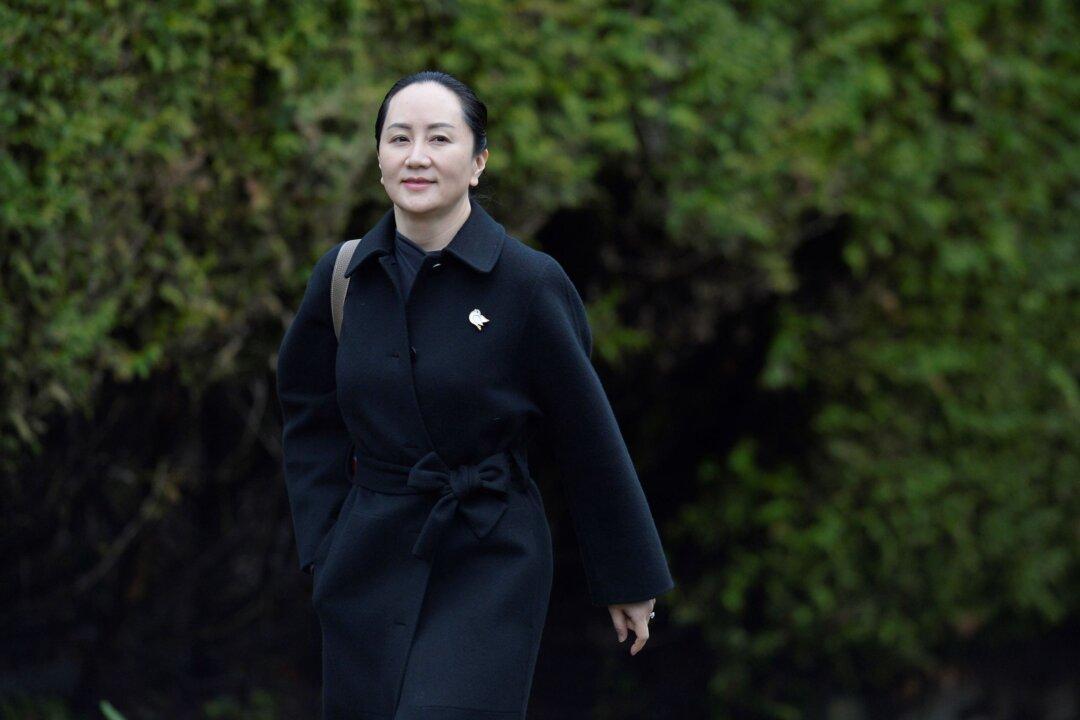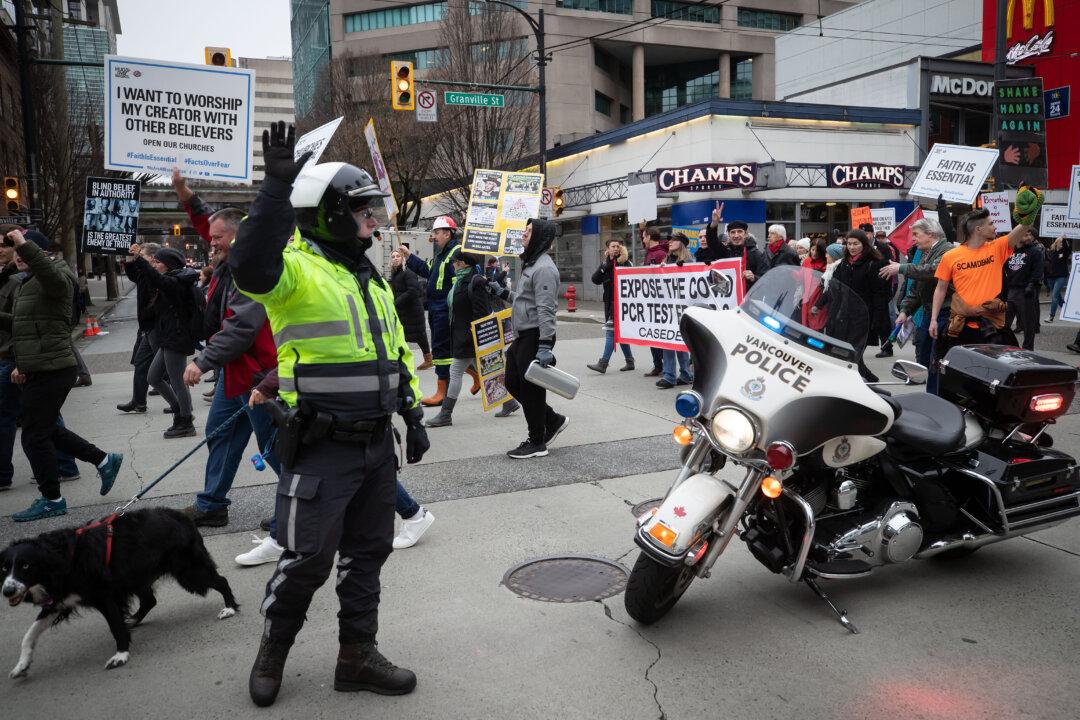Huawei Chief Financial Officer Meng Wanzhou is back in court in Vancouver today as her lawyers resume their fight to block Washington’s efforts to extradite her.
Meng, 48, the daughter of the Chinese telecom company’s founder and CEO, was arrested in Vancouver in December 2018 at the request of the United States, where she is indicted on fraud charges.





